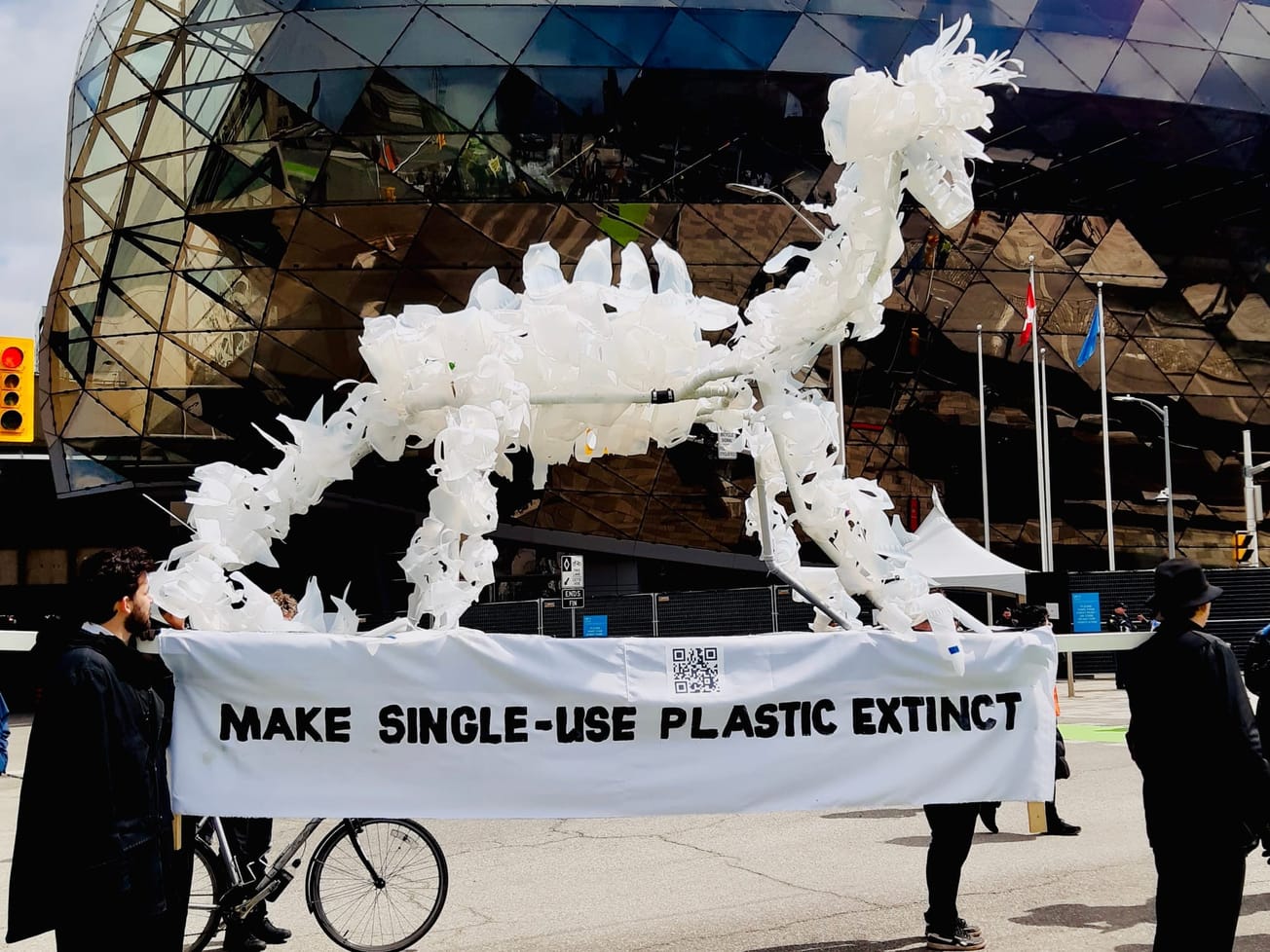The fourth round of U.N.-led talks on a proposed Global Plastics Treaty ended with negotiators skirting commitments to curb production but for the first time wading into details of the text, in a mixed sign of progress.
Before the talks finished early Tuesday in Ottawa, Canada, negotiators agreed to keep working on the text ahead of the fifth and final round of talks to clinch a treaty starting in late November at Busan, South Korea.








